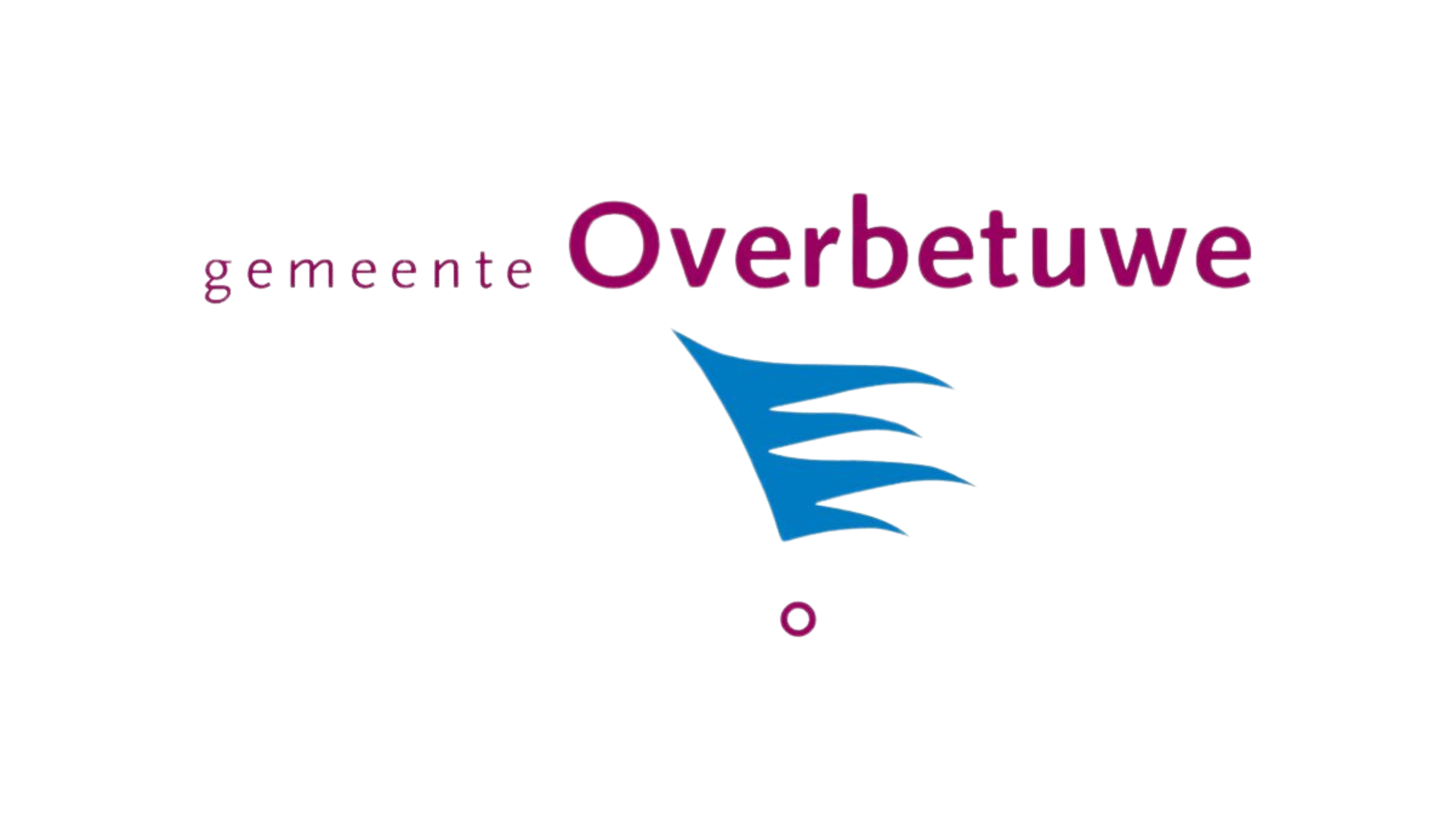Realizing energy hubs in Overbetuwe
Grid congestion in the Netherlands presents a critical challenge as the country transitions to renewable energy. Increased demand, particularly in urban centers, strains the existing electrical grid. The pace of energy grid expansion does not match the pace of the electrification of the economy, which leads to bottlenecks and congestion on the electricity grid. This congestion impedes the integration of renewable sources, threatens reliable energy supply, and hampers economic development, necessitating urgent solutions for sustainable progress.


Challenge
The Municipality of Overbetuwe is also facing this critical energy problem, posing a threat to key housing, community, and commercial initiatives. Liander, the network operator, has indicated a potential shortfall in providing new connections by 2026, a situation that may impede development and affect economic health.
In response, Good Growth Collective has partnered with the Municipality of Overbetuwe to tackle the net congestion issue and support the region's sustainable progress.
Comprehensive Project Planning and Grid Congestion Management
To address the grid congestion in Overbetuwe, a comprehensive approach was undertaken. Firstly, an extensive impact analysis was conducted to understand the severity of the issue, the stakeholders involved, and the necessary actions that needed to be done. Consequently, realistic and clear project schedules were developed and implemented in collaboration with Liander to accommodate the limited power capacity. These schedules were also approved by the Council and supported by the board of Mayors and Aldermen. Additionally, project developers and housing associations actively participated in promoting smart energy solutions such as battery storage and energy hubs, thereby improving sustainability and efficiency in the energy infrastructure.
Results
- Impact Analysis: An individual impact analysis was conducted for each project within the Municipality of Overbetuwe, which allowed for the identification and addressing of specific challenges and opportunities for each project.
- Agreements with Liander: Working together with the network operator has led to specific agreements that guarantee the feasibility of the proposed projects, aligning with the available power capacity.
- Innovative Energy Solutions: A focus on innovation has led to the encouragement and implementation of advanced energy solutions like energy hubs.
- Community Contribution: Collaborating with local businesses has resulted in agreements to utilize excess heat and power capacity for community-oriented initiatives like swimming pools, thus fostering a more efficient and sustainable energy supply.
*in-person meetings take place in our Amsterdam office on Warmoesstraat 149-151
